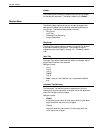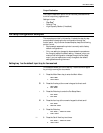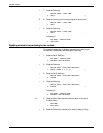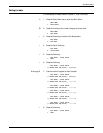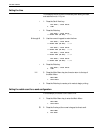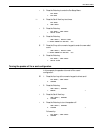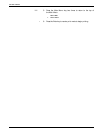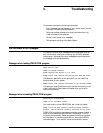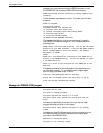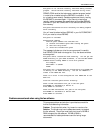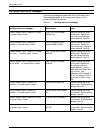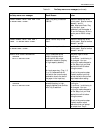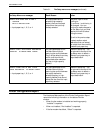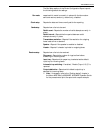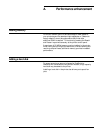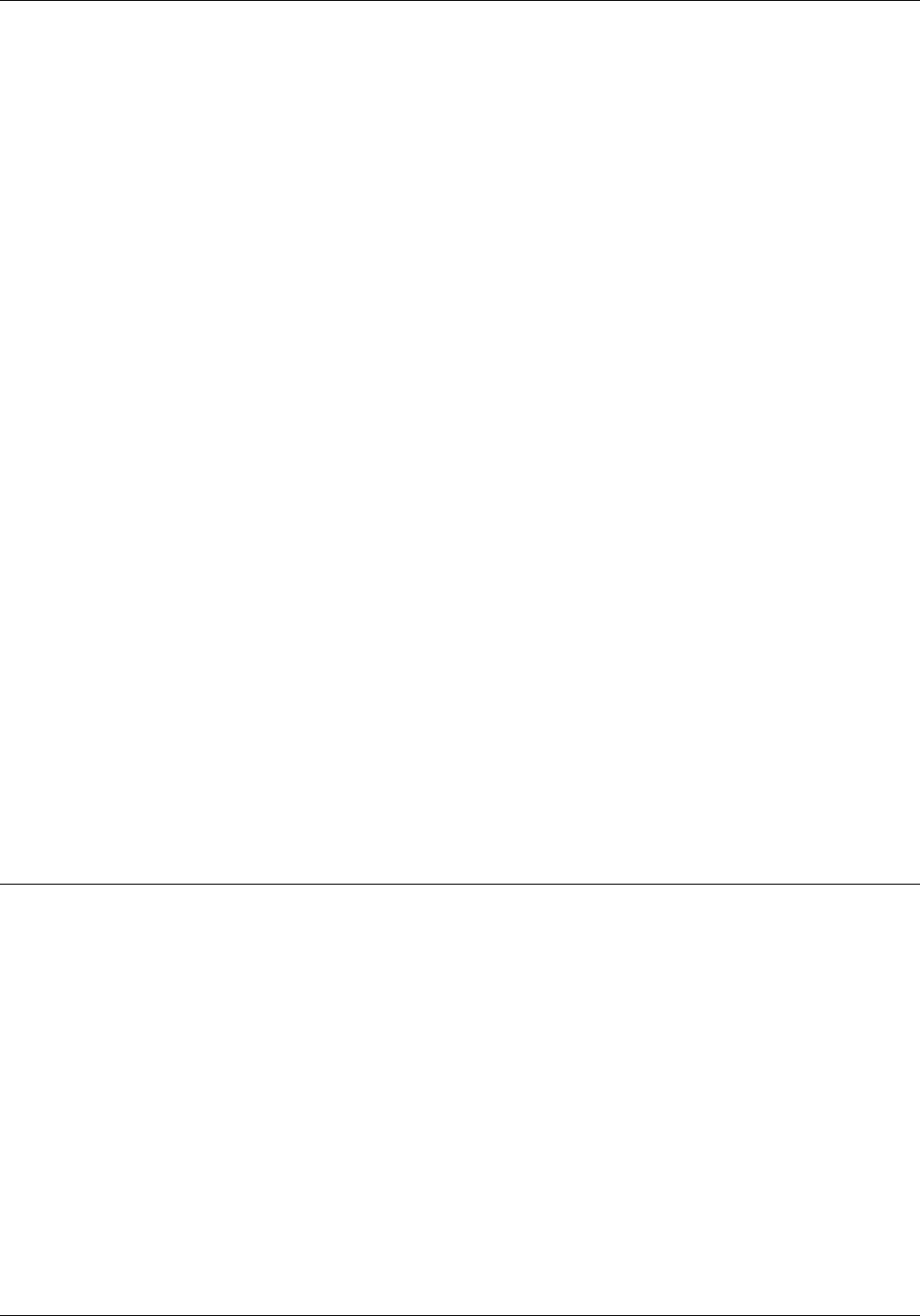
TROUBLESHOOTING
programs, you must reboot without the PSFAX command in your
AUTOEXEC.BAT file to remove PSFAX.COM from memory.
PSFAX encountered an error releasing its memory segment while
unloading.
The fax software was unable to unload. To unload, you will have
to reboot.
PSFAX is unloaded.
Unrecognized command:
The PSFAX command line switches are:
/b use BIOS level data capture only
/e release environment space when loading PSFAX
/h show this help screen
/u unload the resident PSFAX
/K ENABLE FIX FOR KEYBOARD CTRL-LOCK
The message indicates you tried to use a command line switch
that PSFAX,COM does not recognize. Only the above switches
are recognized.
PSFAX cannot locate the home directory. You can put the PSFAX
directory in your PATH statement, or use the SET PSFAX command
before loading PSFAX to solve this problem. For example:
SET PSFAX = C:\PSFAX
PSFAX
PSFAX can’t load because the configuration file PSFAX.CFG is
missing in the PSFAX directory. You can run INSTALL to create
a new PSFAX.CGF file.
There is an error in the configuration file PSFAX.CFG at the
XXX line.
Indicates a problem with the configuration file created when you
ran the install program. Try running the install program again
from the floppy to create a new .CFG file.
Could not find PSFAX Queue Control directory
Pop-up menu is enabled; press [the pop-up key] to pop up
Group and delayed transmissions enabled.
Messages for PSFAXQ.COM program
Fax Queue did not load.
Fax Queue is already resident.
Fax Queue requires DOS version 2.0 or later.
Fax Queue cannot load, because the printer port does not
exist.
Indicates you specified a printer port when you ran the install
program that does not exist on your system.
Fax Queue cannot load, because PrintCache is not already
loaded.
Indicates you chose PrintCache as your printer port when you ran
the install program, but that PrintCache was not loaded when
you tried to load PSFAXQ.COM.
Beginning to unload Fax Queue...
Fax Queue is not currently loaded.
5-2 XEROX MRP FAMILY FAX MODEM FOR MS-DOS OPERATOR GUIDE



